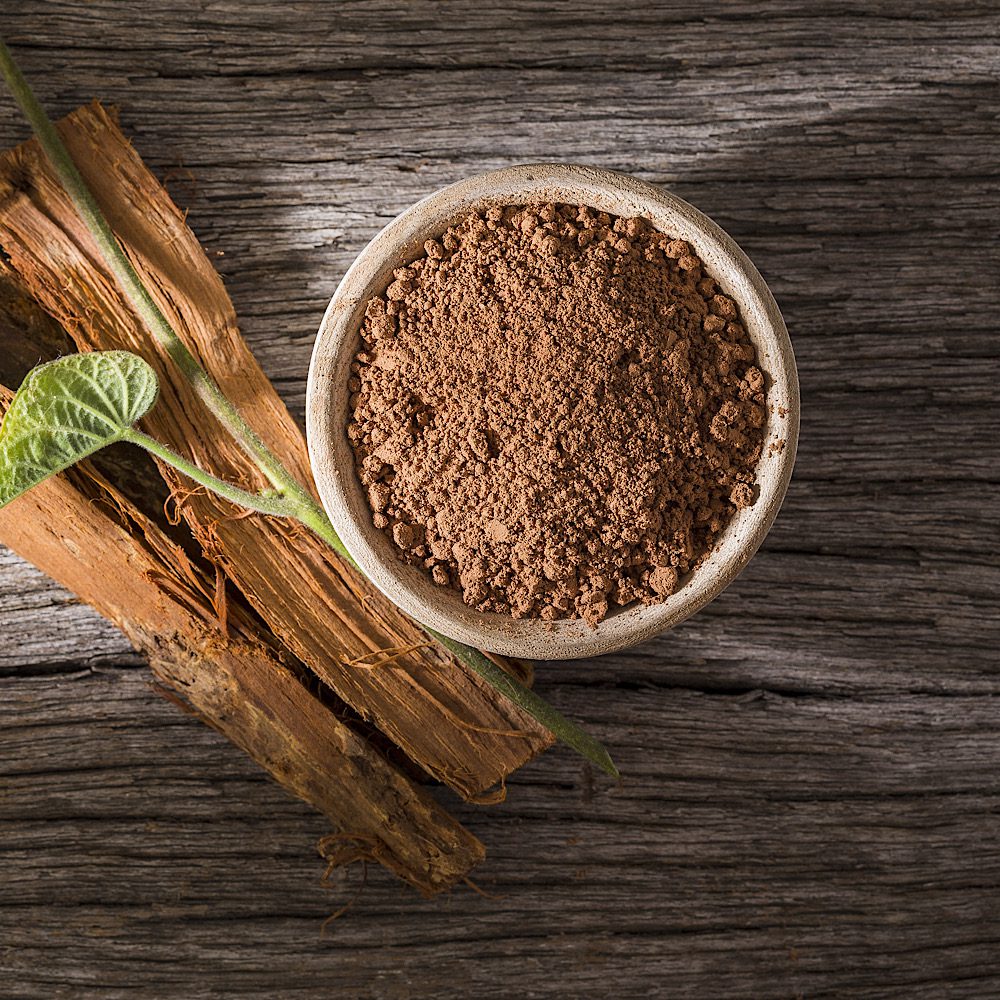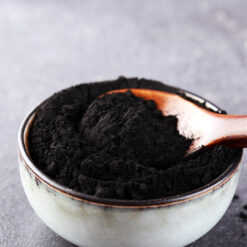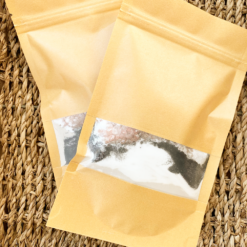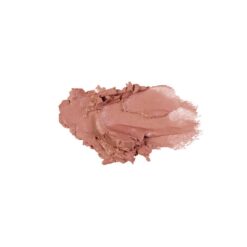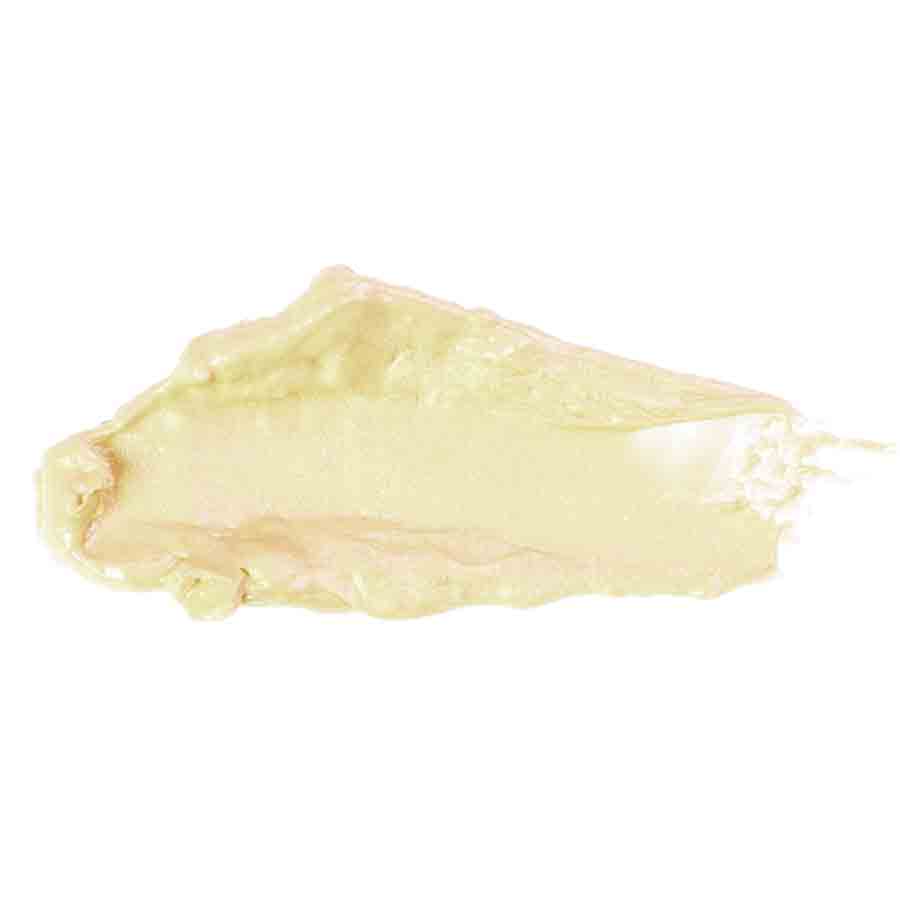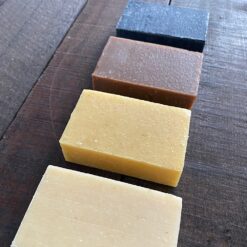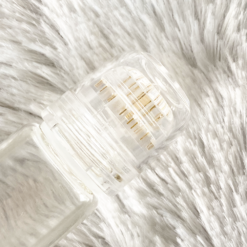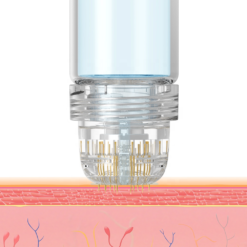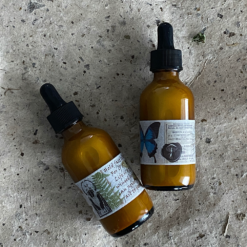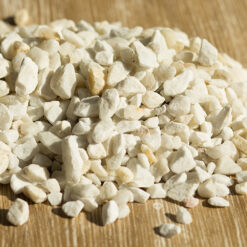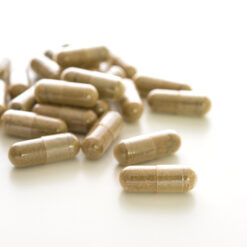Description
Is cat’s claw antiviral? Cat’s claw possesses antiviral, antifungal, and antibacterial features as it has been used successfully to treat infections like Lyme disease.
Does cat’s claw help you sleep? Cat’s claw is not a sleep aid per se, but it does ward off fatigue. This mechanism can make it easier for you to fall asleep and get a good rest.
Is cat’s claw good for anxiety? Cat’s claw can boost tryptophan levels which increases serotonin and may yield a calming effect.
benefits
Cat’s Claw Bark Powder (uncaria tomentosa) is one of the medicinal herbs from the Amazon rainforest and other South and Central America. This ancient plant enjoys a long history of yielding curative properties for joint disorders, treating viral infections, and improving immune function. Some indigenous tribes of South America even consider cat’s claw a sacred plant with spiritual significance. It was used to eliminate disturbances between the spirit and the body that were thought to be the reason for physical ailments. So, while there are many historical claims and anecdotal evidence to back cat’s claw’s potency, what does scientific information have to say about this rainforest vine? Let’s find out in our detailed cat’s claw review.
What is Cat’s Claw? The botanical name for cat’s claw is Uncaria. Uncaria has two prominent species, uncaria tomentosa and uncaria guianensis. Both herbs have different chemical structures with varying active compounds. And thus, they present different medicinal and therapeutic effects. Of the two, cat’s claw (uncaria tomentosa) is the better-researched species and seems to offer more health benefits than uncaria guianensis. The plant gets its name as its thorns resemble a cat’s claws. The outer bark of the plant has long fissures, whereas the inner bark has fibers. Inside, there is a watery sap possessing an astringent taste. The plant’s bark and root are where its therapeutic effects come from, and it gets processed into commercial preparations.
Main compounds Cat’s claw contains several compounds, including the following: Alkaloids are naturally occurring constituents that have excellent antioxidant and anti-inflammatory properties. Proanthocyanidins are polyphenols that may help fight against cancer and possess anti-aging potential. H2 is another polyphenol that seems to work on reducing brain plaque, as seen in animal models. Glycosides are organic compounds of plant origins that possess anticancer and antitumor properties along with other biological effects. Tannins are phenolic compounds that may prevent diseases by providing antimicrobial and antioxidant benefits. Flavonoids are phytonutrients that help regulate cellular activity and fight off free radicals, causing oxidative stress on the body.
How Does Cat’s Claw Extract Work In The Brain? Cat’s claw may boost memory, learning, and mood. It offers a few different mechanisms that can help promote cognitive skills and improve overall brain health.
Mechanisms of Action Researchers claim that Uncaria Tomentosa increases brain-derived neurotrophic factor while controlling N-methyl-D-aspartate activity and shielding DNA content through its inflammation-fighting effects. Now, those are a lot of acronyms in one sentence, so let’s look at what they mean first. Brain-derived neurotrophic factor that promotes the survival of nerve cells by assisting their growth, maturation, and maintenance. N-methyl-D-aspartate is an amino acid. Overstimulation of NMDA receptors in the brain is involved in various mental health illnesses involving memory deficits like Alzheimer’s disease. Administering cat’s claw root for its brain-boosting effects shows that oral supplementation can potentially improve short-term memory, verbal, recall, and executive functions.
Works As Neuroprotectant Cat’s claw extracts also offer neuroprotective properties as it contains antioxidants to protect the brain from free radicals that may otherwise cause cell death. Because it can preserve DNA integrity and inhibit plaque formation in the brain, it goes a long way to care for brain health. What Are The Health Benefits of Cat’s Claw? Cat’s claw contains the right blend of anti-inflammatory, antibacterial, and antifungal properties. Also, some research indicates that this healing root has immune-modulating mechanisms that can revive and bolster an impaired immune system.
Based on these promising health benefits, cat’s claw extracts can do the following:
Improves Memory and Cognitive Performance Cat’s claw is considered a nootropic as it creates a synergy in the brain that reduces inflammation, promotes antioxidant activity, and corrects damage caused by free radicals. Together, these processes can lower the incidence of depression while bolstering focus, cognition, and information processing. Various clinical trials on cat’s claw extracts and the brain show it to cause an inhibition of beta-amyloid plaque formation. It dissolves these plaques that would otherwise affect memory.
Antioxidant and Anti-inflammatory (Neuroprotection) Cat’s claw possesses antioxidants and the ability to fight inflammation. The antioxidants work to ward off damage caused by free radicals, while inflammation can cause depression and dementia. In a neuroprotective capacity, the bark may help reduce the formation of plaques associated with Alzheimer’s disease. Plus, its ability to repair DNA in the brain makes it a stellar neuroprotective agent. It can help reduce inflammation in individuals with rheumatoid arthritis pain and stiffness, and these effects extend to the brain and neural network.
Boosts The Immune System Cat’s claw may also stimulate the immune system as part of its health benefits. Animal and human studies seem to validate this, with one study indicating an increase in white blood cell count. White blood cells are part of the body’s immune system, helping the body fight infections and other diseases. When study participants received 700 mg of cat’s claw daily for two months before being vaccinated for pneumonia, there was an increase in their white blood cell count. Another study with animal models investigating how cat’s claw may stimulate the immune system presented similar findings after subjects received cat’s claw extract for six weeks.
Relieves Symptoms of Rheumatoid Arthritis and Osteoarthritis This South American vine has perhaps received the most significant attention in treating health issues like rheumatoid arthritis and osteoarthritis. Given its history of treating inflammatory diseases by the tribal people of South America, the practice carried over and is considered a non-pharmacological way of improving rheumatoid arthritis and osteoarthritis symptoms. A few preliminary studies have investigated the effects of using cat’s claw for both rheumatoid arthritis and osteoarthritis. Studies have looked at one of its compounds called pentacyclic oxindole alkaloid that possesses the potential to fight inflammation. For osteoarthritis, taking a daily dose of 100 mg for four weeks showed better pain relief and overall symptom improvement than the people taking a placebo. For rheumatoid arthritis, researchers administered 20 mg supplements 3 times a day for 24 weeks. Findings showed people taking cat’s claw extract to present a more significant reduction in pain than their placebo counterparts.
Helps With Treatment of Lyme Disease Lyme disease is a bacterial infection that spreads through the bite of black-legged ticks. The condition triggers an initial rash that can then cause other varying symptoms of the disorder. Considered a possible treatment for the infection, a supplement with cat’s claw may help with symptom management of Lyme disease. One study recruited people with a confirmed diagnosis and a history of the infection for 10 years with progressive symptom deterioration. Participants received cat’s claw supplementation while reducing or discontinuing other pharmaceutical use. At the end of the 26-week trial period, people using the extract reported greater improvements in managing symptoms such as joint and muscle pain, headaches, fatigue, sleep disturbances, and digestive distress.
Has Anti Cancer Properties Preliminary test-tube studies suggest that the pentacyclic oxindole alkaloid content in uncaria tomentosa may have some anti-tumor potential. Research indicates that pentacyclic oxindole alkaloid may be toxic to specific types of cancer cells. One earlier, in vivo study suggested that cat’s claw may prevent the growth of cancerous cells in breast cancer patients by having an anti-mutagenic and anti-proliferative effect on cancerous cells. Another study investigated the effects of the bark on leukemia. Four of the alkaloids found in this healing vine demonstrated the ability to restrict leukemia cell proliferation. Two of the alkaloids, namely uncarine F and pteropodine, were found most effective in inhibiting leukemia cell growth. They also induced affected cells to sustain apoptosis or programmed cell death. Another more recent study indicated that using cat’s claw extract for people with advanced cancer may help their quality of life and lower cancer-related fatigue (CRF). On another note, taking cat’s claw may also help with DNA repair often caused by chemotherapy damage and cancer drugs. One earlier 2001 study examined the effects of cat’s claw extract on people receiving chemotherapy treatment. Uncaria Tomentosa extract was administered for 8 weeks, showing a reduction in DNA damage to affected cells. Also, people receiving cat’s claw supplements exhibited an increase in white blood cell count generation. This finding is significant as chemotherapy typically lowers white blood cell counts, increasing the risk of infection. All this information shows promising evidence regarding cancer treatment, but they are still few and far between. More research is still needed to use safely and effectively use the bark for treating cancer.
Lowers Blood Pressure Cat’s claw is considered a treatment for lowering blood pressure in Traditional Chinese Medicine. Another variety of cat’s claw called Uncaria Rhynchophylla prevents platelet aggregation and blood clotting. With a mechanism similar to blood thinners, it can help lower blood pressure and improve circulation. This supplement may also prevent plaque and arterial blood clot formation. Alkaloids are known as hirsutines in cat’s claw, act as calcium channel blockers, blocking calcium from permeating the walls of the heart and blood vessels. The same can also widen and relax blood vessels, allowing this activity to promote blood flow healthily.
Conclusion Cat’s claw is one of the best natural treatments for boosting immunity, fighting infections, treating arthritis, and lowering blood pressure. It is a time-honored remedy with minor side effects unless you have health issues that conflict with its use. After looking at the strengths and limitations of this South American vine, we feel that it has a lot to offer in diverse areas of healing. So, if you don’t have medical conditions that require taking medications, we would recommend it to be a supplement worth trying out.
FAQs Can you take cat’s claw every day? Cat’s claw is safe to take every day as long as you don’t have any of the specific health conditions mentioned above. You should also not take supplements if you are taking certain medications for your conditions.
Is cat’s claw antiviral? Cat’s claw possesses antiviral, antifungal, and antibacterial features as it has been used successfully to treat infections like Lyme disease.
Does cat’s claw help you sleep? Cat’s claw is not a sleep aid per se, but it does ward off fatigue. This mechanism can make it easier for you to fall asleep and get a good rest.
Is cat’s claw good for anxiety? Cat’s claw can boost tryptophan levels which increases serotonin and may yield a calming effect.
dosage
How To Take Cat’s Claw Traditional uses of cat’s claw included boiling the root or bark for an hour or so and drinking it up as a concoction. To overcome the intense flavor, you have the option of mixing in some honey to make it more palatable.
Dosage: There are no recommended dosage guidelines for using cat’s claw, and any recommendations typically come from the manufacturer. 500mg – 1000mg daily should be a reasonable dose based on research results.
How long does it take for Cat’s Claw to work? Cat’s claw is one of those nootropics that take a bit of time to show effects. Some studies indicate it takes up to eight weeks for cat’s claw to yield its full effects. Some others show that managing symptoms of conditions like knee pain, for instance, may provide relief within a week of starting supplementation. What Are The Side Effects of Cat’s Claw? Many of the evidence gathered for the benefits of cat’s claw comes from test-tube studies, small-scale clinical trials or case reports, and research is done on animals. In this sense, a lot more information is still required to treat severe health problems. However, most of the published clinical trials have ranged from four weeks to a year-long with significantly few side effects. Evidence shows the most common complaints to be symptoms like nausea, diarrhea, or an upset stomach. This probably happens because cat’s claw possesses a fair amount of tannins and only occurs when the extract is consumed in quantities exceeding the recommended dosage amounts. People with certain health conditions should not use cat’s claw supplements. This includes anyone with an autoimmune disease, blood pressure concerns, stomach ulcers, leukemia, or kidney problems. The herb can slow blood clotting, so people with bleeding disorders or others using anticoagulants should not take a cat’s claw supplement. Anyone scheduled for surgery should also stop taking cat’s claw two weeks before their surgery date. The herb can present drug interactions, so people using certain medications should not use cat’s claw. Common drug interactions include medicines for high blood pressure and immune-modulating drugs. You should also talk to your doctor first if you have any ongoing health condition, illness, or diseases like systemic lupus erythematosus, multiple sclerosis, or Parkinson’s disease.


